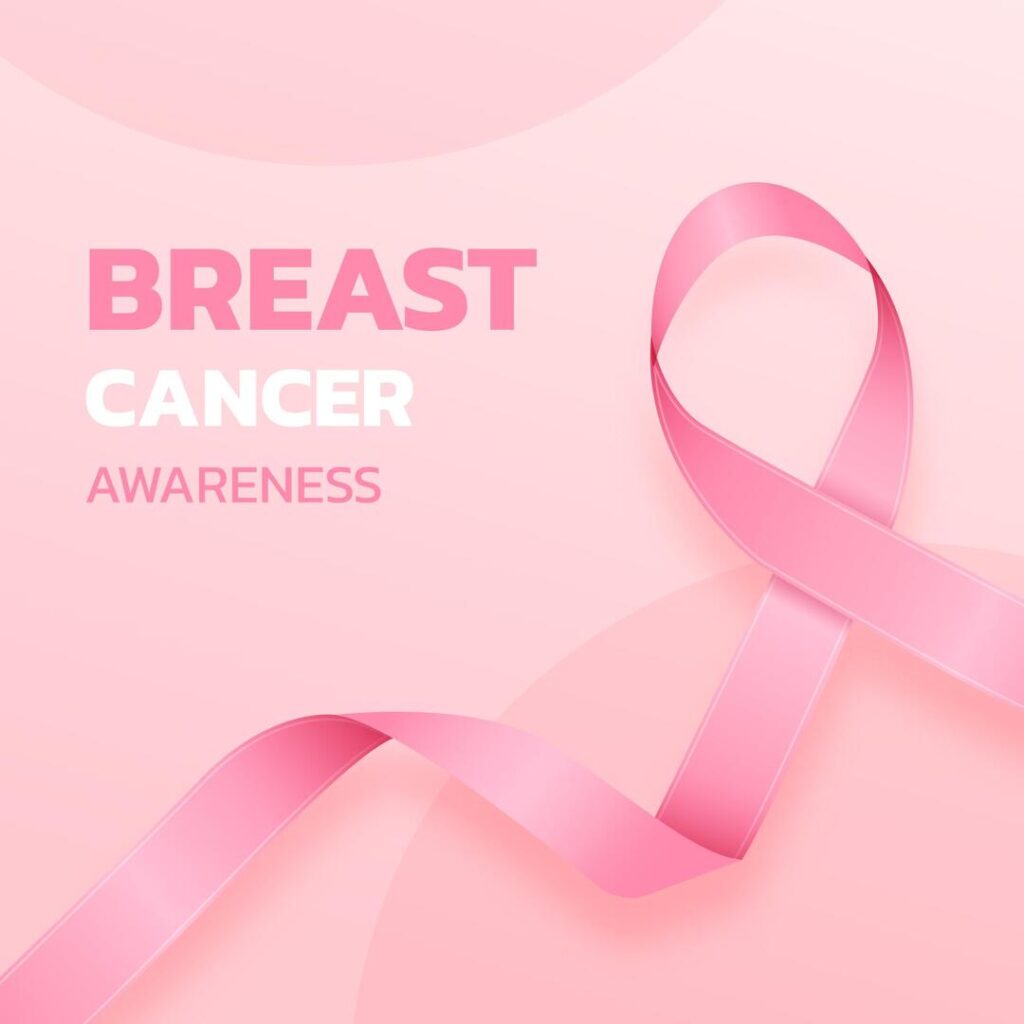By Keyshawn Jackson Allison | March has marked the start of Women’s History Month. As a result, women and their experiences are being highlighted. Recently, I attended a Zoom event with Marquita Bass, which introduced me to the dangers of breast cancer and the struggles of individuals like Bass fighting breast cancer. Particularly, Bass’s experience with triple-negative breast cancer (TNBC) is informative because of the underdevelopment of research associated with a triple-negative diagnosis.
Cristina Migliaccio, an assistant professor in literature at Medgar Evers College, began the discussion by summarizing what triple-negative breast cancer is. Much of the information presented was shocking and new to me. Some of the main points I took away are that TNBC is highly aggressive, can affect younger women, has little data surrounding a diagnosis, is more likely to affect overweight individuals, and affects Latina and African American women the most. I am male and never thought I would have to worry about breast cancer, but Bass also emphasized that men have a risk of developing TNBC or breast cancer as well. It is especially disheartening that TNBC overwhelmingly affects Latina and African American women. Bass brought up a study showing that sixty percent of women with breast cancer in Ghana have a triple negative diagnosis. However, Migliaccio also summarized ways that TNBC can be prevented. Bass and Migliaccio offered many preventatives, such as maintaining a healthy weight, eating healthy, undergoing preventative surgeries, advocating for yourself with your doctor to get screened, and finding a doctor who takes your symptoms seriously. Even so, Bass emphasizes that she was diagnosed even though she maintained a healthy diet and weight. As a result, she stresses the importance of getting screened.
Bass’s descriptive retelling of her experience with TNBC increased my respect for the strength she had to fight the disease. I especially understood the heightened aggressiveness of TNBC after Bass described her experience with it. She lost family to TNBC and her own early diagnosis likely saved her life, as younger women have a higher mortality rate. She also gave insight into the trauma of surviving TNBC, stating that after her diagnosis she didn’t talk about it for seven years. Later in the Zoom meeting, an attendee highlighted the importance of speaking to individuals with similar experiences. Bass’s book, Orange is the New Pink, recounts her experience. The book is distributed freely to attendees of her events to increase awareness.

